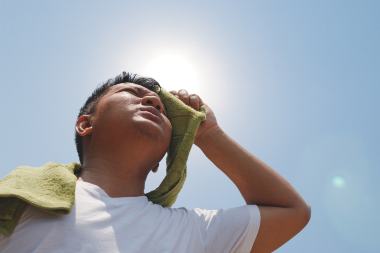Federal leaders are increasing their efforts to address healthcare cyberattacks, hard on the heels of the recent Change Healthcare and Ascension breeches. A $50 million program was announced this week to encourage the development of practical tech tools that would effectively disconnect healthcare devices such as heart monitors and electrocardiogram machines when needed then fix the weakness before bringing the machines back online. The aim is to identify vulnerabilities and customize patches that could be …
Read More









